73 items found: Search results for "team building" in all categories x
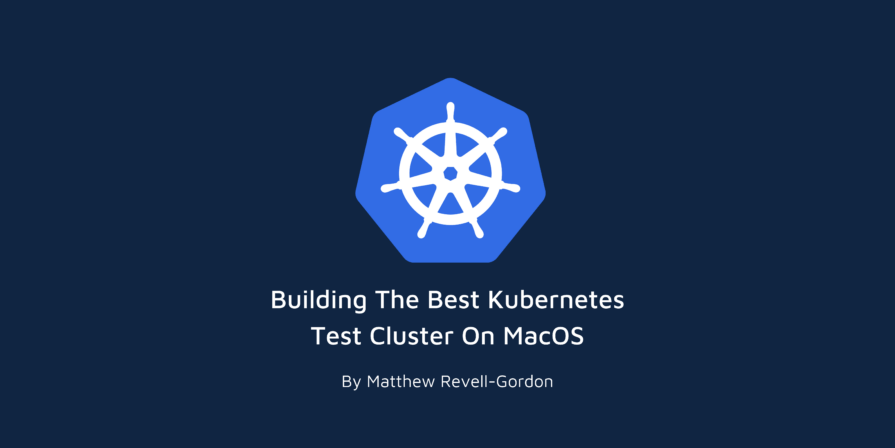
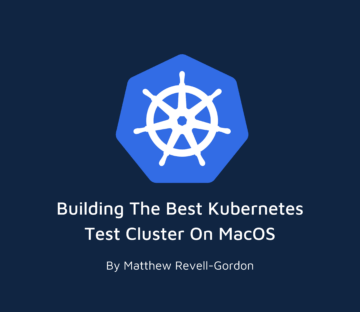
May 18, 2023 | Blog, Kubernetes
Check out Matthew Revell-Gordon’s latest blog as he explores building a local Kubernetes test cluster to better mimic cloud-based deployments, using Colima, Kind, and MetalLB.


June 14, 2022 | Blog, Culture, White Paper
Many businesses advocate for efficiency, but this is not always the right goal. Part one of this article explores how product teams can balance two important considerations – efficiency and effectiveness. Part two builds on this idea, uncovering the non-obvious implications of using technology to bring about efficiency and wider change.


January 30, 2016 | Microservices
The OpenCredo team will be presenting two sessions on our recent learnings with implementing microservices at the OOP Conference, which will be running from the 1st – 5th February. We will also be running a booth, and so if you are interested in learning more about our recent projects, are keen to see if we can help you with your latest technical or organisational challenges, or want to join our team, then stop by and say hello!


October 31, 2015 | Microservices
Over the past few weeks I’ve been writing an OpenCredo blog series on the topic of “Building a Microservice Development Ecosystem”, but my JavaOne talk of the same title crept up on me before I managed to finish the remaining posts. I’m still planning to finish the full blog series, but in the meantime I thought it would be beneficial to share the video and slides associated with the talk, alongside some of my related thinking. I’ve been fortunate to work on several interesting microservice projects at OpenCredo, and we’re always keen to share our knowledge or offer advice, and so please do get in touch if we can help you or your organisation.


August 5, 2015 | Data Analysis, Data Engineering
A few weeks ago, we thought about building a Google analytics dashboard to give us easy access to certain elements of our Google Analytics web traffic. We saw some custom dashboards for bloggers, but nothing quite right for our goal, since we wanted the data on a big screen for everyone in the office to view.




September 8, 2023 | Blog
We were recently awarded ‘Britain’s Healthiest Workplace for SMEs’ by Vitality. Read on to learn more about our journey to achieving this award and what we are doing to improve our workplace culture.


March 28, 2024 | Blog, Platform Engineering
Watch the recording of our CEO/CTO, Nicki Watt from the KubeCon + CloudNativeCon 2024 on her talk “To K8S and Beyond – Maturing Your Platform Engineering Initiative.”
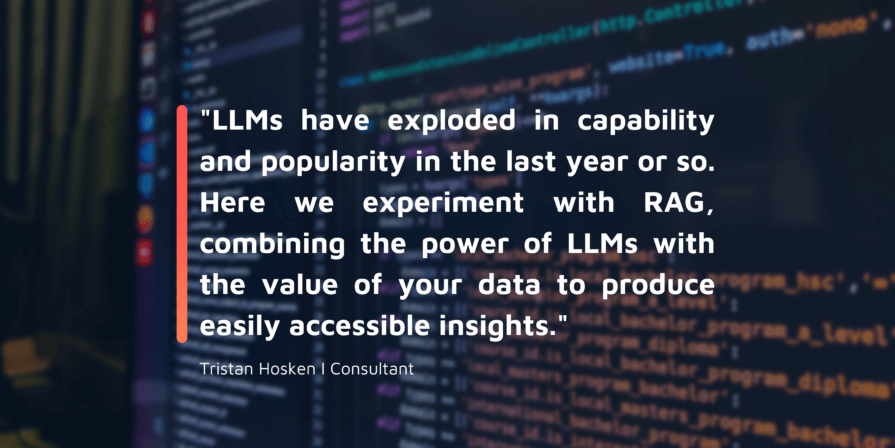
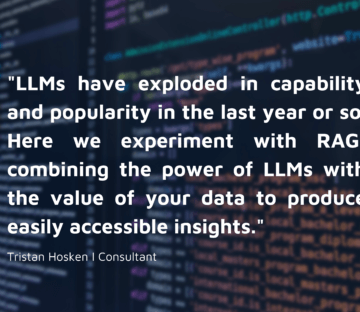
February 6, 2024 | AWS, Blog, OPA
Check out the latest blog by our Consultant, Tristan Hosken, as he explores Retrieval Augmented Generation (RAG). Tristan provides insights into advantages and disadvantages of RAG through hands-on experiments with AWS’s Bedrock and Azure’s OpenAI service.
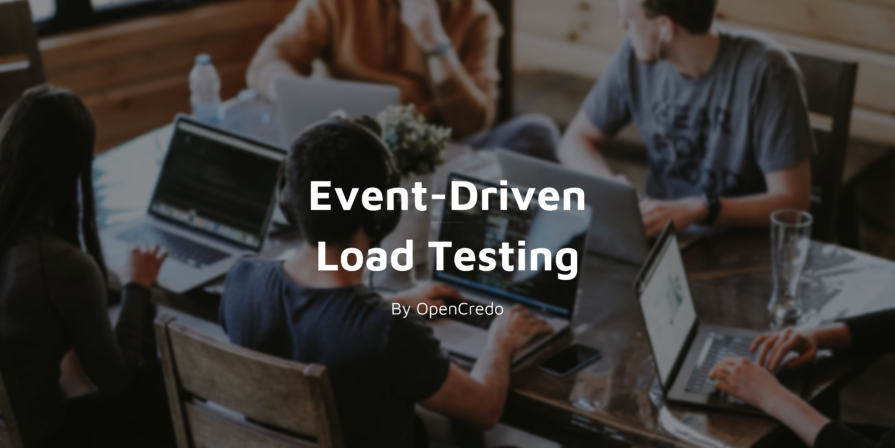
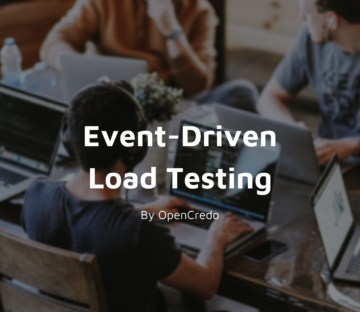
October 12, 2023 | Blog, Platform Engineering
Check out our latest blog “Event Driven Load Testing” which explores how, through some smart automation techniques, testing strategies can be adapted to support scale-up organisations where there are potentially many disparate teams needing to work together.
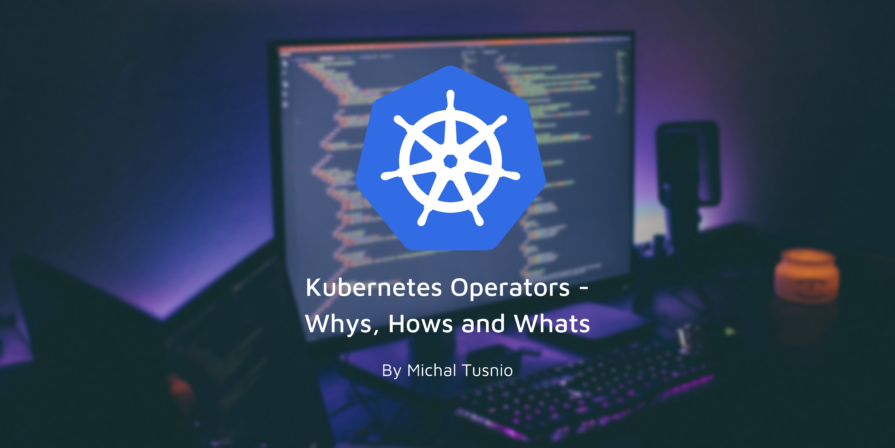
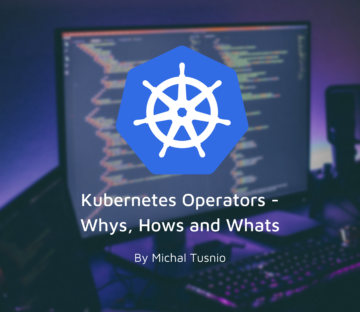
September 27, 2023 | Blog, Kubernetes
Learn to create your first Kubernetes operator by checking out our Senior Consultant Michal Tusnio’s latest blog, “Kubernetes Operators – Whys, Hows and Whats” where he takes you on a journey from zero to operator.


September 19, 2023 | Blog, Culture, News
In this blog we share the latest developments in our efforts to create a more sustainable business as part of The 2023 Mayor’s Business Climate Challenge.
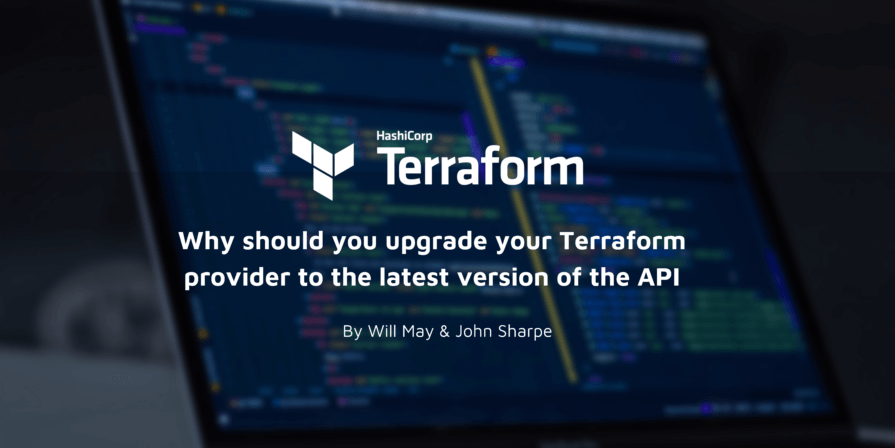
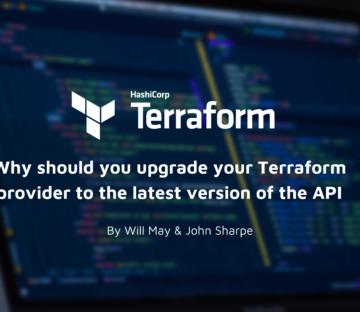
August 17, 2023 | Blog, Terraform Provider
Check out John Sharpe and Will May’s latest blog where they give suggestions for Terraform Provider authors who are thinking about upgrading from SDKv2 to Framework
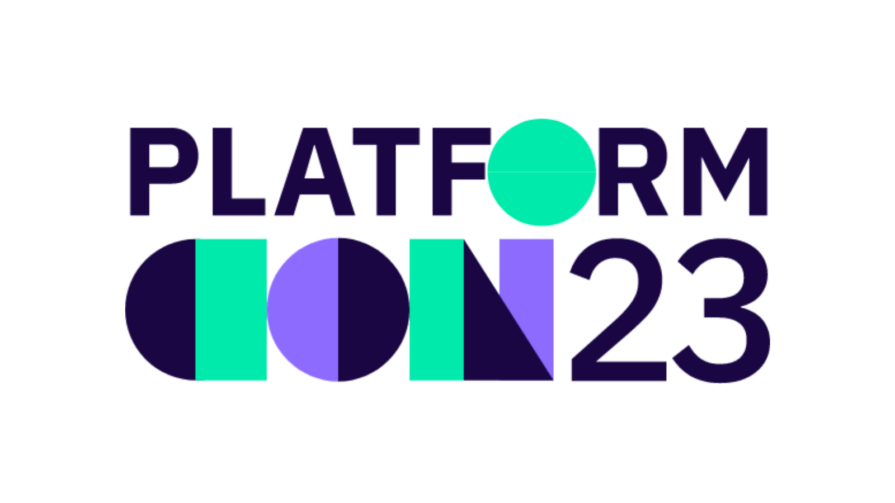
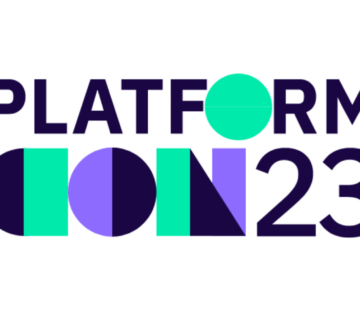
July 5, 2023 | Blog, Platform Engineering
Watch the recording of our Technical Delivery Director, James Bowkett from the PlatformCon Conference 2023 in his talk The Golden Age of the Platform.”


January 20, 2023 | Blog, Culture, News
OpenCredo is thrilled to be a part of the 2022/2023 Mayor’s Business Climate Challenge (BCC). Read this blog to learn more about our initiatives to lower carbon emissions as part of the voluntary energy efficiency programme!
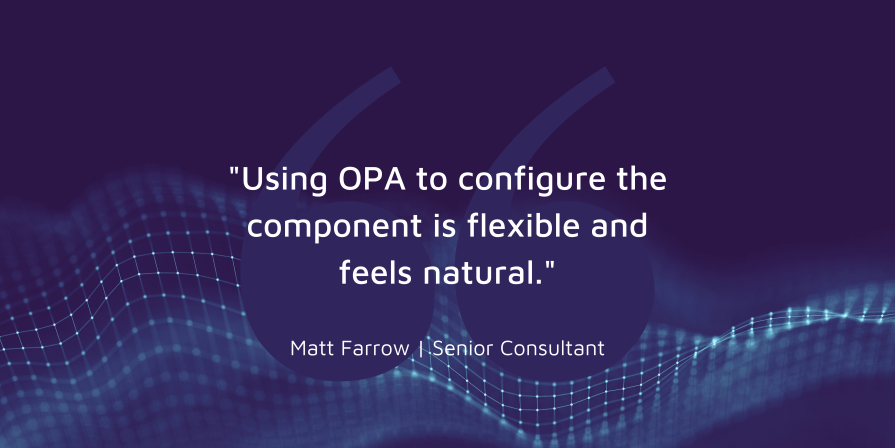
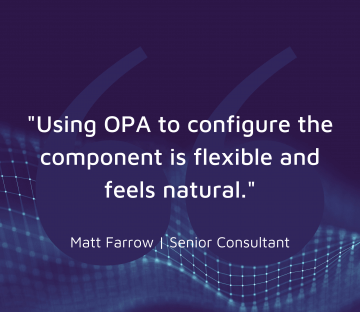
Read Matt Farrow’s blog as he explores the potential for using Open Policy Agent to filter and mask data being sent to and read from Apache Kafka.

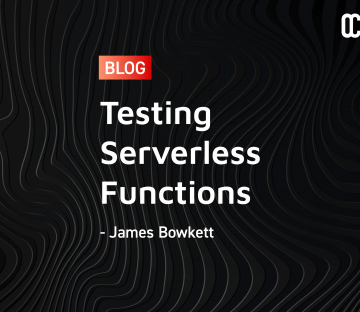
February 11, 2022 | AWS, Cloud, GCP, Kubernetes, Microservices, Open Source, Software Consultancy
Serverless functions are easy to install and upload, but we can’t ignore the basics. This article looks at different strategies related to testing serverless functions.
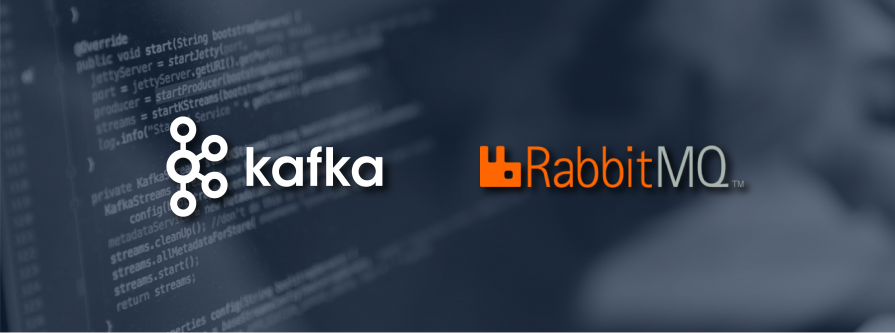
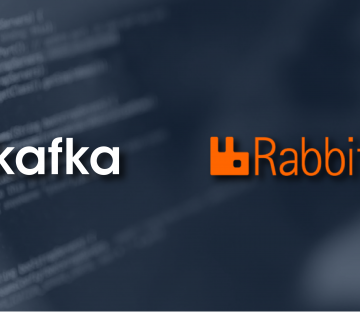
July 20, 2021 | Blog, Data Engineering, Kafka
Message and event-driven systems provide an array of benefits to organisations of all shapes and sizes. At their core, they help decouple producers and consumers so that each can work at their own pace without having to wait for the other – asynchronous processing at its best.
In fact, such systems enable a whole range of messaging patterns, offering varying levels of guarantees surrounding the processing and consumption options for clients. Take for example the publish/subscribe pattern, which enables one message to be broadcast and consumed by multiple consumers; or the competing consumer pattern, which enables a message to be processed once but with multiple concurrent consumers vying for the honour—essentially providing a way to distribute the load. The manner in which these patterns are actually realised however, depends a lot on the technology used, as each has its own approach and unique tradeoffs.
In this article we will explore how this all applies to RabbitMQ and Apache Kafka, and how these two technologies differ, specifically from a message consumer’s perspective.
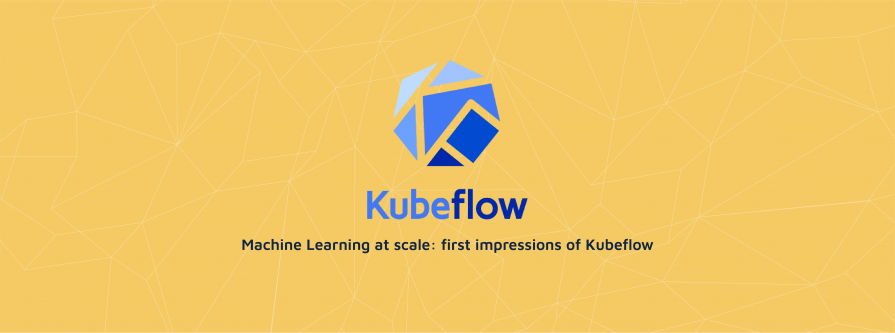
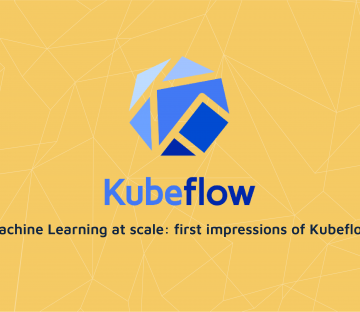
April 20, 2021 | Data Engineering, Machine Learning, Software Consultancy
Our recent client was a Fintech who had ambitions to build a Machine Learning platform for real-time decision making. The client had significant Kubernetes proficiency, ran on the cloud, and had a strong preference for using free, open-source software over cloud-native offerings that come with lock-in. Several components were spiked with success (feature preparation with Apache Beam and Seldon for model serving performed particularly strongly). Kubeflow was one of the next technologies on our list of spikes, showing significant promise at the research stage and seemingly a good match for our client’s priorities and skills.
That platform slipped down the client’s priority list before completing the research for Kubeflow, so I wanted to see how that project might have turned out. Would Kubeflow have made the cut?
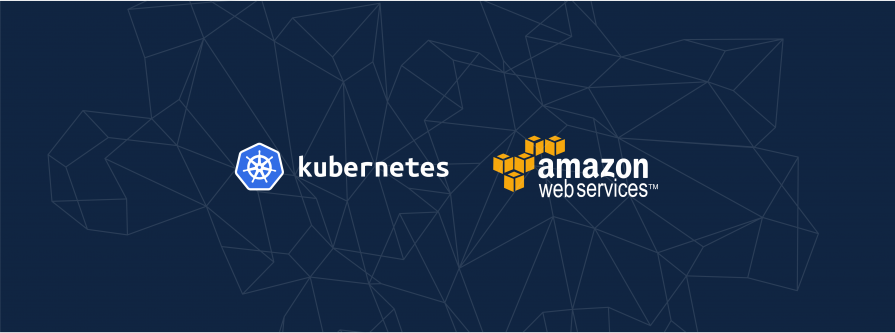
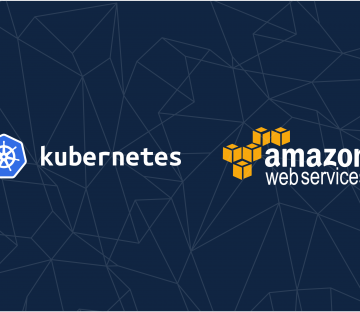
October 29, 2020 | Cloud, Kubernetes, Open Source
While working with a client recently, we experienced some issues when attempting to make use of NLB external load balancer services when using AWS EKS. I wanted to investigate whether these issues had been fixed in the upstream GitHub Kubernetes repository, or if I could fix it myself, contributing back to the community in the process.

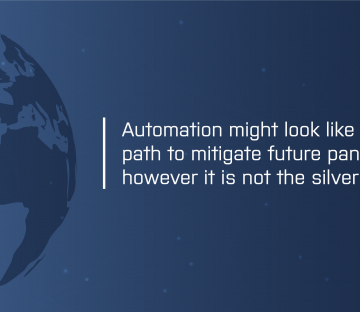
At the time of this post, the UK is making steps to exit from an unprecedented lockdown measures for the Coronavirus. Much of the UK workforce are still making efforts to work-from-home with mainly key workers operating – at risk – in public. Many industries have shut down completely. Consequently, many businesses are reflecting on what happens next and how do we better mitigate future pandemic events?


March 20, 2020
Traditionally, Usability and Security have been set in opposition to each other: with tight security, we end up with painful user experience. In this blog, Guy focuses on financial services as an exemplar of how we can introduce usability into a vertical with challenging security and compliance requirements.


October 1, 2019 | Cloud, Cloud Native, Culture
One of the benefits we have working at OpenCredo (OC) is the opportunity to both attend and speak (although not on this occasion) at conferences. For some of you, this may be pretty common, but OC was actually the first to offer me this as part of a broader learning and development plan.
Cloud-native development and delivery is a core area of expertise for OC and we are always looking for what’s new and interesting in this space. So when I was offered the chance to go to CloudNative London it seemed like a good place to start. With its diversity in topics and technologies, the conference provided a perfect opportunity to collaborate and hear from others in the industry and what they are doing in this space.


September 12, 2019 | Cloud Native, Microservices, Software Consultancy
As a technology leader, you’ll be aware that competitive pressures and shifting business requirements are driving changes in the technical architectures of many organisations. This means you need a new strategic approach based on the ability to continually evolve elements of your systems and architectures.


Writing your own Kafka source connectors with Kafka Connect. In this blog, Rufus takes you on a code walk, through the Gold Verified Venafi Connector while pointing out the common pitfalls


August 29, 2018 | Software Consultancy
My last year or so here at OpenCredo has involved a very well-supported first foray into tech consultancy. Different engagements pose both unique, as well as familiar challenges for me as a consultant, all of which played a part in shaping and moulding the way I understand and approach problems. This blog is a brief collation of wisdom that’s helped me the most during this adventure; gained by learning the hard way, as well as that acquired from mentoring and colleagues who have gone before. The shared wisdom has made me a much more effective consultant, and kept me sane in the process, for which I’m very thankful.


May 16, 2018 | Microservices
To identify service boundaries, it is not enough to consider (business) domains only. Other forces like organisational communication structures, and – very important – time, strongly suggest that we should include several other criteria in our considerations.


April 18, 2018 | Microservices
Quite a few of the anti-patterns we observe today on microservices projects are strongly related to how people approach the problem. Given their nature, these anti-patterns tend to be deeply ingrained and self-sustaining. Addressing them starts with increased awareness and by changing ways of approaching the problem, rather than by the introduction of yet another technical tool or framework.


March 14, 2018 | Data Engineering, Microservices
Events are obviously the fundamental building block of event-sourced systems. Commands are equally a common concept in such systems although the distinction between events and commands, if any, is not always clear. There are certainly varying views on what role each one should play.


February 14, 2018 | Cloud
AWS Announced a few new products for use with containers at RE:Invent 2017 and of particular interest to me was a new Elastic Container Service(ECS) Launch type, called Fargate
Prior to Fargate, when it came to creating a continuous delivery pipeline in AWS, the use of containers through ECS in its standard form, was the closest you could get to an always up, hands off, managed style of setup. Traditionally ECS has allowed you to create a configured pool of “worker” instances, with it then acting as a scheduler, provisioning containers on those instances.


January 23, 2018 | Data Engineering, DevOps
Machine Learning is a hot topic these days, as can be seen from search trends. It was the success of Deepmind and AlphaGo in 2016 that really brought machine learning to the attention of the wider community and the world at large.


October 24, 2017 | Data Engineering
Cockroach Labs, the creators of CockroachDB are coming to London for the first time since their 1.0 GA Release in May 2017. They will be taking time to talk about “The Hows & Whys of a Distributed SQL Database” at the Applied Data Engineering meetup, hosted and run by us here at OpenCredo.
We have been interested in CockroachDB for a while now, including publishing our initial impressions of the release on our blog. We thought this would be the perfect time to do a bit of a Q&A before the event! I posed Raphael Poss, a core Software Engineer at Cockroach Labs a few questions.


July 11, 2017 | Cloud, Cloud Native
Over the years, OpenCredo’s projects have become increasingly tied to the public cloud. Our skills in delivering cloud infrastructure and cloud native applications have deepened and the range of cloud projects we are able to take on has grown. From enterprise cloud brokers to cloud platform migration in restricted compliance environments, our ability to deliver on the cloud is now a core component of our value proposition.
Join Daniel Bryant and Andrew Morgan at Jax London 2016 this year on the 11th of October!
Join Daniel at the London Web Meetup on the 18th of August! The London Web meetup will be hosted at the Ticketmaster office on Pentonville road N1 9HF, on the 18th of August, kicking off at 6:30pm. This time around, the meetup will be focusing on empathy and its cruciality when designing, building and […]
Join us at the first CTO’s in London Meetup on the 11th of August! We are pleased to announce that our Managing Director, Jean-Marie Ferdgeue and our Chief Scientist, Daniel Bryant will be presenting at the first CTO’s in London Meetup organised by OliverBernard. The meetup will be held at the Funding Circle offices, starting […]


July 8, 2016 | Microservices
OpenCredo recently co-organised the first Microservices Manchester event with OliverBernard recruitment, and it was a resounding success. Over 100 people showed up at the Victoria Warehouse near Manchester’s trendy Salford Quays for a day discussing the realities of implementing microservice systems.
OpenCredo is going North with Microservices Manchester! We are super excited to announce ourselves as Event Partners and organisers of Microservices Manchester. It will be held on the 5th of July 2016 and is a free single day two-track conference. Microservices Manchester is specifically designed for technical implementers and decision makers who wish to better understand […]


June 7, 2016 | Software Consultancy
In my previous blog post I explained to you the Seven Deadly Sins of Project Managers. With that post in mind, I would like to share with you my views on what a project manager needs to overcome these sins and become a valuable member of the team, and ultimately helping to achieve success on the project.


May 31, 2016 | Kubernetes
Do you ever wake up and think to yourself: oh geez, Kubernetes is awesome, but I wish I could browse and edit my services and replication controllers using the file system? No? Well, in any case, this is now possible.


May 10, 2016 | Data Engineering, White Paper
In this technical report, we present Concursus, a framework for developing distributed applications using CQRS and event sourcing patterns within a modern, Java 8-centric, programming model. Following a high-level survey of the trends leading towards the adoption of these patterns, we show how Concursus simplifies the task of programming event sourcing applications by providing a concise, intuitive API to systems composed of event processing middleware.


April 28, 2016 | Software Consultancy
In a conventional RDBMS-with-ORM system, we are used to thinking of domain objects as mapped to rows in database tables, and of the database as a repository where the current state of every object exists simultaneously, so that what we get when we query for an object is the state that object was in at the time the query was issued. To perform an update, we can start a transaction, retrieve the current state of the object, modify it, save it back again and commit. Transactions move the global state of the system from one consistent state to another, so that the database transaction log represents a single, linear history of updates. We are therefore able to have a very stable, intuitive sense of what it means to talk about the “current state” of any domain object.


March 17, 2016 | Software Consultancy
In order to be able to regularly release an application, your automated tests must be set up to give you fast and reliable feedback loop. If bugs are only found during a long and expensive multi-service or end-to-end test run, it can be a hinderance to fast delivery. Unfortunately I have often seen this problem in development environments: a huge suite of clunky, flaky and slow end-to-end tests which test the full functionality of the application as opposed to being more lightweight and reflecting basic user journeys. This produces the “ice cream cone” anti-pattern of test coverage, where unit tests aren’t providing the kind of coverage and feedback they need to.


March 2, 2016 | DevOps, Microservices
Many of our clients are currently implementing applications using a ‘microservice’-based architecture. Increasingly we are hearing from organisations that are part way through a migration to microservices, and they want our help with validating and improving their current solution. These ‘microservices checkup’ projects have revealed some interesting patterns, and because we have experience of working in a wide-range of industries (and also have ‘fresh eyes’ when looking at a project), we are often able to work alongside teams to make significant improvements and create a strategic roadmap for future improvements.


January 18, 2016 | Software Consultancy
Last time in this series I summarised all the Akka Persistence related improvements in Akka 2.4. Since then Akka 2.4.1 has been released with some additional bug fixes and improvements so perhaps now is a perfect time to pick up this mini-series and introduce some other new features included in Akka 2.4.x.


January 15, 2016 | Software Consultancy
So, you’ve started to hear a lot about React, the Javascript library developed by Facebook, but is it something you need to investigate? It’s time to distil the signal from the noise, position React amongst its rivals, and provide an indication of where it currently would – and would not – be a suitable fit.




November 3, 2015 | Software Consultancy
My JavaOne experience was rather busy this year, what with three talks presented in a single day! The first of these talks “Debugging Java Apps in Containers: No Heavy Welding Gear Required” was delivered with my regular co-presenter Steve Poole, from IBM, and we shared our combined experiences of working with Java and Docker over the past year.


November 1, 2015 | Microservices
To use or not to use hypermedia (HATEOAS) in a REST API, to attain the Level 3 of the famous Richardson Maturity Model. This is one of the most discussed subjects about API design.
The many objections make sense (“Why I hate HATEOAS“, “More objections to HATEOAS“…). The goal of having fully dynamic, auto-discovering clients is still unrealistic (…waiting for AI client libraries).
However, there are good examples of successful HATEOAS API. Among them, PayPal.


October 18, 2015 | Cloud, DevOps
Last week Steve Poole and I were once again back at the always informative JAX London conference talking about DevOps and the Cloud. This presentation built upon our previous DevOps talk that was presented last year, and focused on the experiences that Steve and I had encountered over the last year (the slides for our 2014 “Moving to a DevOps” mode talk can be found on SlideShare, and the video on Parleys).


October 18, 2015 | DevOps, Microservices
Once again I’m privileged to be speaking at the premier Java conference, JavaOne in San Francisco. This year I will be presenting (at least) three conferences sessions: “Building a Microservice Ecosystem”, “Debugging Java Apps in Containers” and “Thinking, Fast and Slow, with Software Development”. I say ‘at least’ three talks as I usually get press-ganged volunteered into helping out at other talks and BoF sessions, but this is simply a sign of the great community spirit and a large group of friends involved with this conference!


October 12, 2015 | DevOps
DevOps is transformative. This (hopefully) won’t be true forever, but it is for now. While the modern management practices of separating development and operations (and to a lesser extent, everyone else) prevail, the tearing down of the walls that separate them will remain transformative. In company after company, management and front-line staff are coming to realise that keeping functions separate, which are inherently interdependent, is a model for blame, shifted responsibility, and acrimony. It’s easy to divvy-up a company up based on function. To many people, it seems the most logical way to do it. Ops does operations, Dev does development, Marketing markets, etc. It seems much harder to do it any other way. So why do it?


October 7, 2015 | Software Consultancy
It’s well known that predicting how long a project/task will take in IT is hard. In this post I’ll address one aspect of this (correlation) and ask what insights a data science perspective can give us about how correlations can make prediction difficult. I’ll explain the problems that correlation poses, give some practical advice for teams & project managers and investigate possible innovations to tooling that might improve matters.


October 1, 2015 | Data Engineering
Akka Streams, the new experimental module under Akka project has been finally released in July after some months of development and several milestone and RC versions. In this series I hope to gently introduce concepts from the library and demonstrate how it can be used to address real-life stream processing challenges.
Akka Streams is an implementation of the Reactive Streams specification on top of Akka toolkit that uses actor based concurrency model. Reactive Streams specification has been created by the number of companies interested in asynchronous, non-blocking, event based data processing that can span across system boundaries and technology stacks.


September 24, 2015 | Microservices
Unless you’ve been living under a (COBOL-based) rock for the last few years, you will have no doubt heard of the emerging trend of microservices. This approach to developing ‘loosely coupled service-oriented architecture with bounded contexts’ has captured the hearts and minds of many developers. The promise of easier enforcement of good architectural and design principles, such as encapsulation and interface segregation, combined with the availability to experiment with different languages and platforms for each service, is a (developer) match made in heaven.
![Microservice Platforms: Some Assembly [Still] Required. Part Two](https://opencredo.com/wp-content/uploads/2018/10/banner-services-895x196.jpg)
![Microservice Platforms: Some Assembly [Still] Required. Part Two](https://opencredo.com/wp-content/uploads/2018/10/banner-services-360x312.jpg)
September 20, 2015 | Microservices
Over the past five years I have worked within several projects that used a ‘microservice’-based architecture, and one constant issue I have encountered is the absence of standardised patterns for local development and ‘off the shelf’ development tooling that support this. When working with monoliths we have become quite adept at streamlining the development, build, test and deploy cycles. Development tooling to help with these processes is also readily available (and often integrated with our IDEs). For example, many platforms provide ‘hot reloading’ for viewing the effects of code changes in near-real time, automated execution of tests, regular local feedback from continuous integration servers, and tooling to enable the creation of a local environment that mimics the production stack.


August 12, 2015 | Microservices
Over the last few months one of my main projects at OpenCredo has involved creating various microservices which are interacted with via REST. We’ve been working with a relatively rich domain model, which in turn has presented a lot of challenges in how to design our various resources. This blog post aims to summarise various techniques and practices which I’ve found helpful in overcoming these challenges.


August 10, 2015 | Cloud, Software Consultancy
As a company, we at OpenCredo are heavily involved in automation and devOps based work, with a keen focus on making this a seamless experience, especially in cloud based environments. We are currently working within HMRC, a UK government department to help make this a reality as part of a broader cloud broker ecosystem project. In this blog post, I look to provide some initial insight into some of the tools and techniques employed to achieve this for one particular use case namely:
With pretty much zero human intervention, bar initiating a process and providing some inputs, a development team from any location, should be able to run “something”, which, in the end, results in an isolated, secure set of fully configured VM’s being provisioned within a cloud provider (or providers) of choice.






July 14, 2015 | Software Consultancy
Building simple proxies
In the previous post I introduced Java dynamic proxies, and sketched out a way they could be used in testing to simplify the generation of custom Hamcrest matchers. In this post, I’m going to dive into some techniques for implementing proxies in Java 8. We’ll start with a simple case, and build up towards something more complex and full-featured.


November 19, 2014 | Microservices
Undeniably, there is a growing interest in microservices as we see more organisations, big and small, evaluating and implementing this emerging approach. Despite its apparent novelty, most concepts and principles underpinning microservices are not exactly new – they are simply proven and commonsense software development practices that now need to be applied holistically and at a wider scale, rather than at the scale of a single program or machine. These principles include separation of concerns, loose coupling, scalability and fault-tolerance.
October 23, 2014 | Cassandra
Spring Data Cassandra (SDC) is a community project under the Spring Data (SD) umbrella that provides convenient and familiar APIs to work with Apache Cassandra.


January 7, 2013 | Software Consultancy
The practice of continuous integration in which build servers are used to build and perform testing of code is now widespread and mainstream.
While not all teams have adopted continuous integration effectively, its increasing adoption has led many to start to look for additional opportunities to improve the cost, quality and speed of delivery with which software targeted to meet business needs can be released into production environments.
Traditionally Continuous Integration addresses the question of “does the software build and pass our unit and integration test suites?”. This is often insufficient.


October 25, 2012 | DevOps
A common issue with Puppet manifests is a clash of resource definitions that appears in the Puppet log file as: ‘Duplicate definition: File[resource-name] is already defined; cannot redefine at…’
This issue is likely to occur when building a service stack from reusable Puppet modules and you try to alter a resource that has already been defined in modules that the service depends on.
Building a service from reusable Puppet modules has a couple of benefits. It saves you time when you don’t have to write new modules every time you build a new service. It also improves the quality when you build your service from modules that are trusted, tried and tested.


February 8, 2012 | Data Analysis, Data Engineering
Most of the important players in this space are large IT corporations like Oracle and IBM with their commercial (read expensive) offerings.
While most of CEP products offer some great features, it’s license model and close code policy doesn’t allow developers to play with them on pet projects, which would drive adoption and usage of CEP in every day programming.